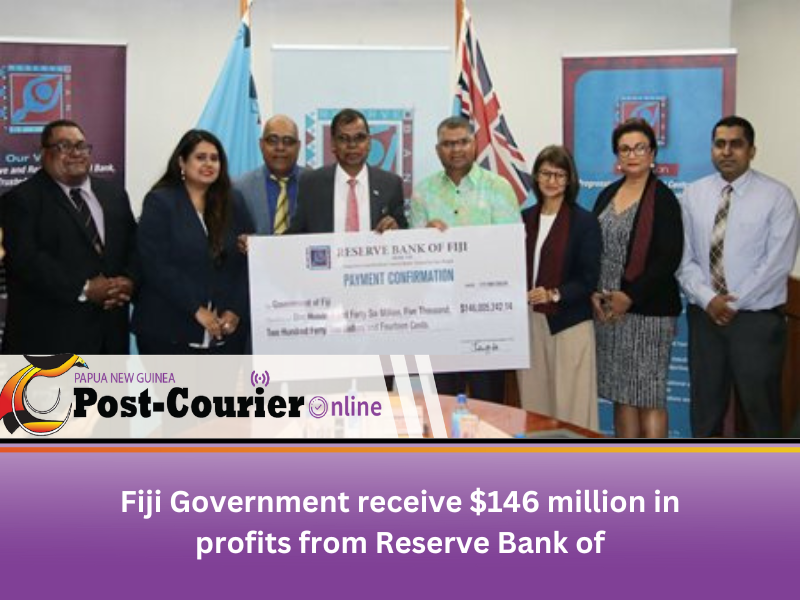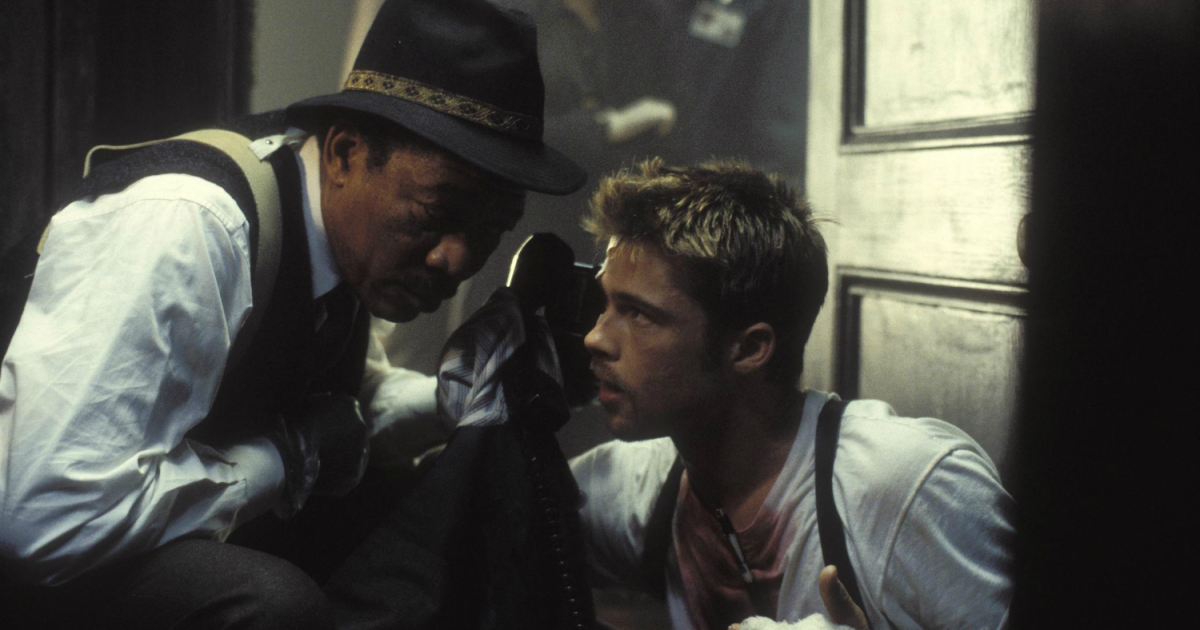By Contributor,Daisy Auger-Domínguez
Copyright forbes

From data analysis to policy fluency, here are the skills, degrees, and strategies you need to build a sustainability career that creates measurable business impact.
Want a career that shapes how companies fight climate change and how they treat people, manage resources, and stay accountable? A sustainability career isn’t a side path anymore. It’s the new language of business.
The best time to start? Now.
I remember stepping into a newly created corporate foundation role nearly two decades ago. We didn’t use the language we use now. ESG wasn’t ESG. It was philanthropy. I transitioned well because I brought a business lens and a master’s in public policy. I knew how to deliver against strategic objectives, fueled by a passion for public service and a curiosity to keep learning.
Those traits opened the door for me then. What’s changed are the scale, the skills, and the stakes. Sustainability now demands technical fluency and measurable business impact.
Not long after, I saw one of the first “sustainability manager” job postings inside a Fortune 500 company. Fast-forward to today: those roles sit in the C-suite and on board agendas. Organizations across industries from energy and finance to fashion and food are under pressure to cut emissions, comply with regulations, and meet consumer demand for ethical practices. That’s creating opportunities for environmental scientists and managers, engineers, marketers, and data analysts who can bring a sustainability lens to their work.
The playbook has changed. So must the way we think about building careers in this field.
From Side Hustle To C-Suite: The Evolution Of Sustainability Careers
When many current sustainability experts started, sustainability was a side door, a passion project for insiders or a line item in philanthropy budgets. Today it’s the front door. Sustainability is a business driver tied to revenue, risk, reputation, and innovation.
MORE FOR YOU
A 2025 study of 11 million job listings found employers reduced degree requirements by 15% for green and AI roles, while demand for technical skills soared. Meanwhile, the International Labour Organization projects 100 million new green and circular economy jobs by 2030, nearly half requiring skills we don’t even widely teach yet. Research has shown that most workers moving into green jobs already bring some green skills or experience. The interest is there; the gap is readiness.
As Susan McPherson, corporate responsibility expert and author of The Lost Art of Connecting, told me: “You no longer need to come solely from an environmental science background. Professionals in communications, data analytics, operations, and law are all finding entry points into sustainability.”
Do You Need A Sustainability Degree? The Answer Is Changing
Environmental Science, Sustainability Management, and STEM degrees remain solid foundations. But new roles are reshaping the talent market. New roles like ESG Controllers, managing sustainability data and metrics across functions, are becoming central to corporate structures, which shifts what it means to be ‘ready’ for sustainability work. These roles were unthinkable a decade ago.
Jeannette Ferran Astorga, EVP of Corporate Affairs at Zoetis, explained why: “ESG regulations continue to evolve, and having an understanding of policy frameworks at national and international levels is crucial. Degrees in public policy or regulatory affairs can help leaders engage regulators and anticipate changes.”
Astorga urges aspiring professionals to combine technical sustainability knowledge with core business skills: “Always look for the ways sustainability priorities will intersect with core business strategy as a way to generate value. Importantly, core leadership skills such as influencing without authority across teams and functions remain critical.”
Top Sustainability Career Skills
Employers no longer hire on passion alone. They expect candidates who bring:
Data analysis & reporting — carbon accounting, ESG disclosures.
Systems thinking — linking environment, equity, and economics.
Business acumen — strategy, operations, finance.
Storytelling — influencing stakeholders and countering greenwashing.
Leadership without authority — persuading across functions.
McPherson frames it sharply: “Breaking into sustainability today is less about being an activist inside and more about showing you can connect purpose with measurable business value.”
Leading companies get strategic about what they tackle, aligning ESG priorities tightly with business goals instead of spreading themselves too thin.
Pivoting Into A Sustainability Career: Skills And Steps That Work
Here’s the good news: you can pivot into sustainability from almost anywhere. The field isn’t gate-kept by traditional credentials. It’s about showing how your skills drive purpose and performance.
Translate your skills. Finance pros are moving into ESG investing. Engineers are leading renewable energy projects. Whatever your background, ask: How can my expertise fuel sustainability outcomes?
Stretch where you are. Volunteer for a sustainability task force at work or raise your hand for projects outside your lane. The fastest way is often to show what you can do from where you already stand.
Upskill online. Certifications like LEED, GRI, and carbon accounting matter, not because they check a hiring box, but because they prove you can speak the language of sustainability with credibility.
Invest in your ecosystem. As McPherson reminds us: “Community in sustainability isn’t something you ‘find’, it’s something you co-create.” Who you collaborate with and learn from is as important as what you know.
And as Ferran Astorga adds: “Be an advocate for your most important stakeholders … When you can articulate the value sustainability can bring to the business, it helps bring alignment and impact.”
Looking Ahead: Sustainability Careers In 2030
Both experts agree: sustainability won’t be a department by 2030; it will be a baseline competency.
McPherson sees a future: “Nearly every job — from finance to supply chain — will have sustainability baked in, with accountability written into performance metrics. Just as no career today is untouched by digital literacy, by 2030, sustainability and AI will be deeply linked.”
The talent pipeline encourages Astorga: “Students beginning careers in sustainability already have stronger foundations in financing, reporting, and disclosures. That makes the future incredibly exciting.”
Building A Sustainability Career? Start Here
Audit your skills. Identify overlaps with sustainability.
Get credentialed. Earn one certification in reporting, policy, or carbon accounting.
Find a project. Volunteer at work or in your community.
Build cross-functional fluency. Learn how sustainability links to finance, supply chain, and marketing.
Invest in your network. Join one professional group (GreenBiz, Net Impact) and one peer circle.
The Bottom Line For Sustainability Careers
Two decades ago, I stepped into a corporate foundation role with a business lens, a master’s in public policy, a passion for public service, and a curiosity to keep learning. Those traits gave me a foundation. Today, they’re just the starting point.
What was once tucked away in philanthropy is now central to corporate strategy. Sustainability has moved from side hustle to C-suite, from aspiration to accountability.
The practitioners who will thrive are those who take Ferran Astorga’s call for business and regulatory fluency and pair it with McPherson’s reminder to build networks and tell compelling stories. That combination of technical credibility plus human connection will define tomorrow’s sustainability talent.
Sustainability isn’t a side path anymore. It’s the language of business, woven into every function from finance to supply chain. Careers in this field won’t just shape the companies we build. They will shape the world we leave behind. If you’re serious about a sustainability career, now is the time to build your fluency.
Editorial StandardsReprints & Permissions



